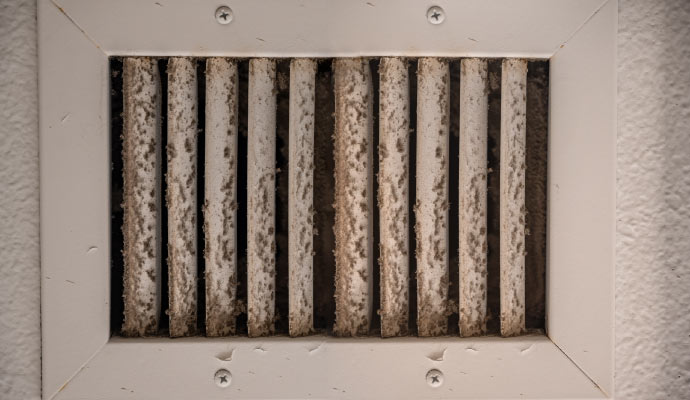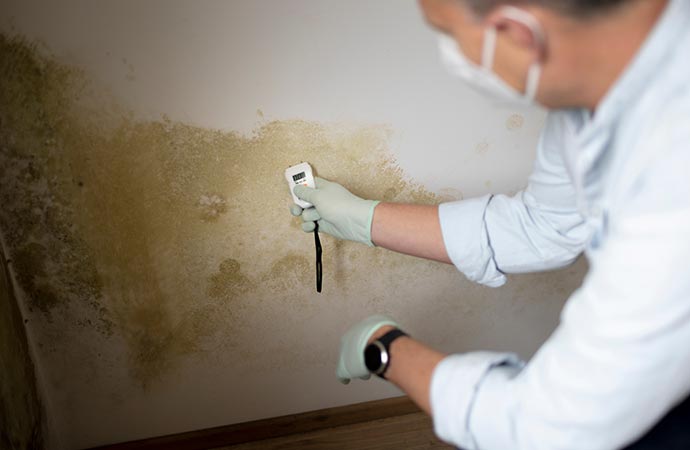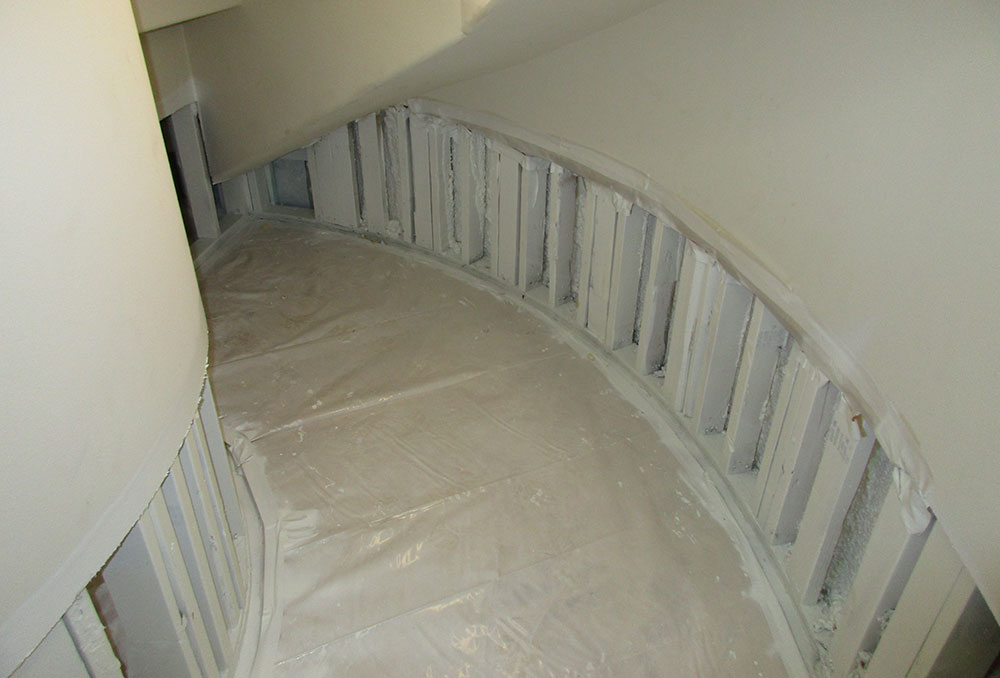24/7 Emergency Services
Projects Complete
- 24/7 Emergency Services
- Free Estimates
- Work Directly with All Insurance Companies
- Bonded & Insured
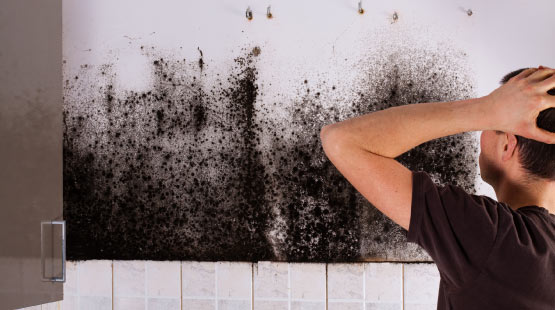
Sick Home Syndrome: Have Indoor Hazards Put You at Risk?
Sick building syndrome (SBS), also known as sick home syndrome, refers to a condition where occupants of a home or business experience acute health effects or discomfort believed linked to time spent indoors. Symptoms often vary.
At Dalworth Restoration, we'll assess and treat any environmental conditions related to SBS, including indoor air quality, mold, or other contaminants.
Sick building syndrome has been linked to poor ventilation, high humidity, indoor pollution from mold, volatile organic compounds (VOCs), certain lighting, inadequate temperature, or other biological contaminants. Insufficient cleaning or maintenance, building design flaws, psychological factors like work or job stress can also contribute.
Possible Symptoms of Sick Building Syndrome
Skin, breathing or neurological issues can result from Sick Home Syndrome. Persistent colds or flu and other possible symptoms might include:
- Throat irritation
- Breathing difficulties
- Tightness in the chest
- Runny nose
- Allergy-like symptoms, such as sneezing
- Burning sensations in the nose
- Dry, itchy skin rashes
- Headaches
- Dizziness
- Difficulty concentrating
- Forgetfulness
- Fatigue
- Irritability
- Nausea
- Body aches
- Fever
- Chills
Possible Causes of Sick Home Syndrome
Air quality and mold are believed to be leading causes of Sick Building Syndrome or Sick Home Syndrome, though exact causes can be difficult to pinpoint. More factors are thought to include:
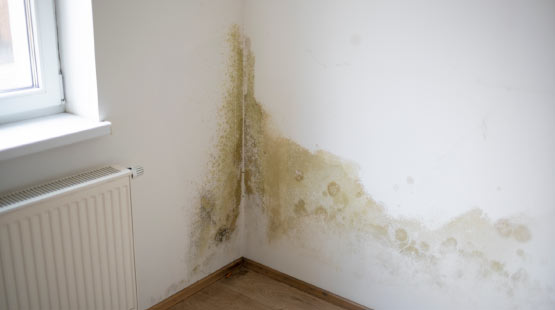
- Asbestos
- Pesticides
- High levels of dust
- Tobacco smoke
- Rooms with poor lighting
- The presence of mold or fungus
- Carbon monoxide
- Low workplace morale
- Heat or low humidity
- Noisy work environments
- Insect or animal droppings
- High levels of stress at school or work
- Ozone from the use of printers and fax machines
- Outdated computer displays that cause eye strain
- Formaldehyde (mostly found in wood furniture and floors)
- Buildings with poor ventilation, such as schools, offices, and public spaces
- Chemicals in the air from cleaning products
Sick Building Syndrome and Workplaces
Working in buildings with potential Sick Building Syndrome hazards can raise potential workplace concerns, at least long-term. Direct links between workplace environments and SBS are inconclusive, but repeated exposures to mold, allergens, asbestos, or other hazards are more identifiable. These symptoms often lift after contaminant removal or repairs, or if those affected cease to inhabit the workplace altogether.

Our Air Quality Check Process
At Dalworth Restoration, we we assess indoor air quality in various steps.
First, we check the air conditioning and ventilation systems. We then test a building's total air quality, checking for pollutants, moisture, and temperature fluctuations. We also look at how air is moved.
We ask people who work or study there about their experiences. Perhaps they'll report feeling sick because of something environmental. From various air samples in different locations, we lab-test to determine the existence of anything harmful.
Minimize Possible Symptoms, Hazards of Sick Home Syndrome
SBS has no known specific treatment, but avoiding it, preventing or minimizing possible factors can lead to reduced symptoms. Measures can include:
- Consulting a physician for possible prescription solutions
- Possibly reducing anxiety, stress, and improving sleep
- Examining anything consumed or harmful activity contributing to any illness
- Check or inspect for mold, bacteria, or other contaminants.
- Replace air filters more often.
- Store chemicals in well-ventilated areas.
- Increase ventilation rates in your HVAC system.
- Keep the air handling system clean and working properly.
- Maintain good ventilation when using cleaning chemicals.
- Consider putting limits on smoking indoors.
Trust Us to Restore Your Indoor Air and Clean Environment
Dalworth Restoration is ready to address potential Sick Building Syndrome (SBS) symptoms and causes. Our reliable HVAC solutions in D/FW by air quality experts provide accurate assessments and effective solutions.
We assist customers in Irving, Dallas, Grand Prairie, and more D/FW cities. Our expertise and superior service make us your go-to for concerns related to Sick Home Syndrome and mold growth. Call or contact us online for an appointment with our Dalworth Restoration indoor air quality specialists.


